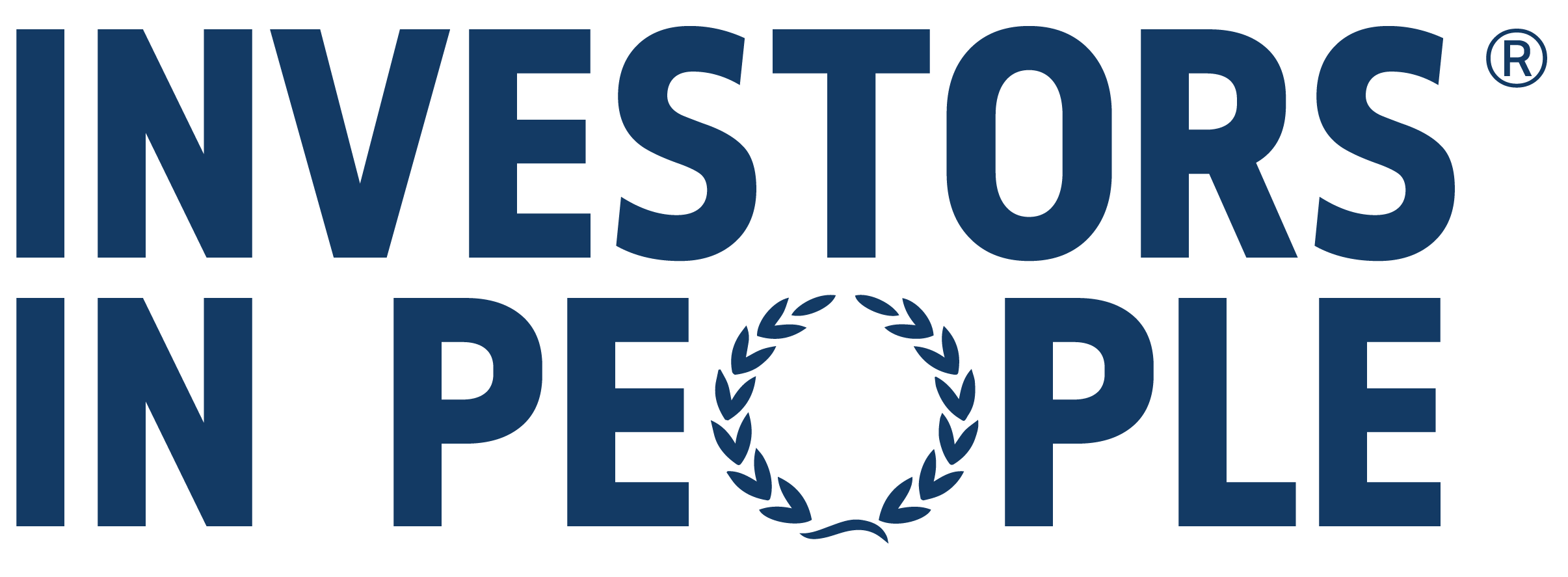SWOT analysis is an easy-to-use framework that allows you to judge current performance and map future potential. It’s very popular because it’s simple to use and can be applied to anything – projects, teams, organisations, charities, products and individuals.
What is SWOT analysis?
SWOT analysis is an easy-to-use framework that allows you to judge current performance and map future potential. It’s very popular because it’s simple to use and can be applied to anything – projects, teams, organisations, charities, products and individuals.
The SWOT analysis framework requires you to ask questions around four key areas in order to build up enough information to make an informed assessment in each area, which then allows you to plan a course of action for improvement and progression. The four key areas are:
- Strengths
- Weaknesses
- Opportunities
- Threats
What is SWOT analysis of people?
SWOT analysis is particularly powerful when applied to people because it can quickly evaluate someone’s professional profile, including how effective they are at work, where their weaknesses are holding them back, what aspects of the job or organisation could help them thrive and where their skillset needs to develop. The questions below are designed to be searching to help you tease out the most relevant information.
Strengths
- What are you particularly good at in the workplace?
- What areas do you find easiest to pick up and learn quickly?
- What are your morals and values and how do these help you at work?
- What do other people value you for and what do they see you as expert in?
- Do you have any qualifications that you can make more of?
Weaknesses
- What makes your heart race and your palms sweaty?
- What areas of your job do you least enjoy?
- In what areas do you feel like you’re letting yourself down?
- What do you think colleagues would say your weaknesses are?
- Are there skills you wish you had?
Opportunities
- Are new skills needed in your industry or job role that you could proactively learn?
- Do you have any underutilised skills that could be used to improve your performance?
- Have you made any contacts in the last few months that could help you?
- Are there any ways you can be proactive and solve a problem at work?
- Are there any people you could form a mutually-beneficial relationship with?
Threats
- What parts of your job keep you awake at night?
- Is your line manager worried about any aspect of your performance? Should they be?
- Are there skills that people in your industry are developing that you aren’t aware of?
- Are the demands of your job changing and, if so, can you meet those demands?
- Is technology making it harder for you to perform at work?
SWOT analysis for managers and leaders
By changing the questions slightly you can analyse managerial ability and work out whether you need to take action to tackle threats and opportunities on the horizon. Sometimes you don’t even need to change the questions, but just focus on specific areas when thinking of the answers. Below we’ve offered some more specific questions but feel free to mix and match with the list above.
Strengths
- In what aspects of management and leadership do you feel like a ‘natural?’
- What managerial tasks have you found easiest to pick up and learn quickly?
- What are your morals and values and how do these make you a better manager?
- What do other people value you for in terms of interpersonal skills?
Weaknesses
- What interpersonal challenges are you most scared of dealing with?
- What stops you from delegating effectively?
- Are there particular types of people you struggle to manage?
- How do you handle underperformance? Are you happy with your approach?
Threats
- Are any projects coming up that may reveal weaknesses in your management ability?
- Do you need to better manage a direct report’s performance to protect the organisation?
- Is there organisational change coming up that will test your ability to inspire?
- Can you effectively influence internally? If not, do you need to develop your relationships with key stakeholders?
Opportunities
- Are there management tools or frameworks you can take advantage of, such as coaching?
- Are there training opportunities that will allow you to address your weaknesses?
- What projects are coming up that will allow you to develop your managerial skills?
- Are there any new ways you can develop your direct reports through delegation?
Simple tips to help you succeed
Check if it’s relative
One of your strengths might be resilience in the face of failure. But if you work in sales, this will be a necessary skill to succeed, so your line manager might not agree it’s a personal strength. This is useful to know if, for example, you’re using SWOT analysis to help secure a pay rise.
Don’t forget to ask why
Maybe one of your weaknesses is time management. Why is that? Maybe it’s because you’re a perfectionist. If it is, look up how to address perfectionism. By addressing that, you may well improve your time management. Always search for the root cause.
Look for patterns
If two of your weaknesses are public speaking and having difficult conversations, while you view upcoming performance appraisals as a threat, maybe it’s time to get some communication or assertiveness training.






